Battle of the billionaires: What Michael Bloomberg means for the US election
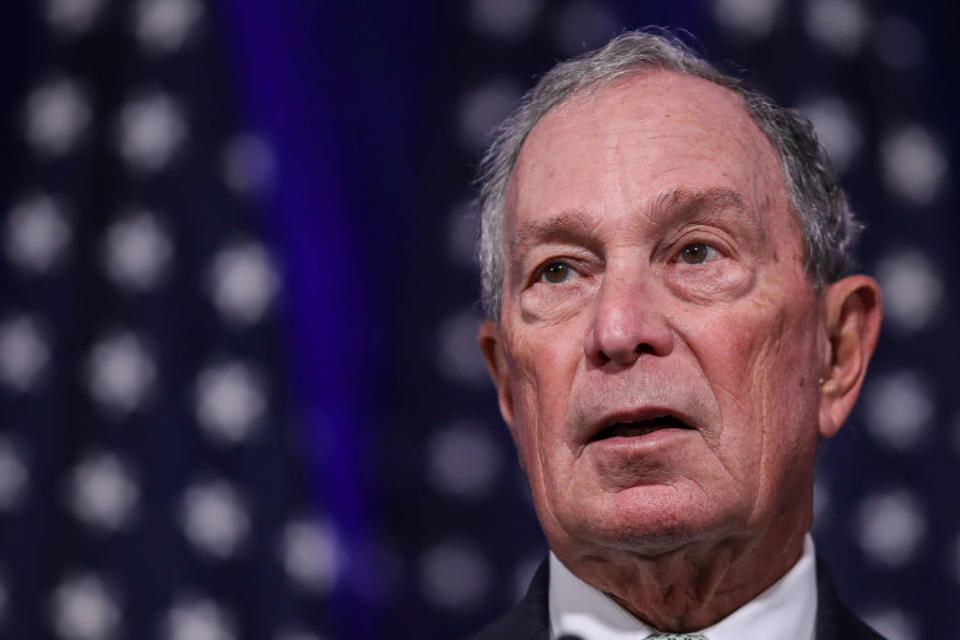
Billionaire businessman and former New York City mayor Michael Bloomberg has entered the American presidential race, pitting himself against incumbent and fellow billionaire Donald Trump and staunch billionaire-tax believer Elizabeth Warren.
Bloomberg, who has a wealth of US$54.1 billion ($80 billion), announced his candidacy this week, adding that he would throw US$37 million (AU$55 million) into an advertising blitz.
President Donald Trump has an estimated wealth of US$3.5 billion (AU$5.2 billion).
And while it’s not a new concept for American politics to be saturated with the ultra-rich, there are questions that come with a political class made up predominantly by the wealthy.
Bloomberg’s massive election spend
According to Advertising Analytics, Bloomberg’s spend will “likely amount to the single biggest weekly broadcast expenditure by a political campaign”, with his already-spent US$23,986,153 likely to grow to eclipse Barack Obama’s record of US$24,873,671.
Warren has accused fellow Democratic candidate Bloomberg of trying to buy voter support.
“Michael Bloomberg is making a bet about democracy in 2020. He doesn't need people, he only needs bags and bags of money. I think Michael Bloomberg is wrong," she said this week.
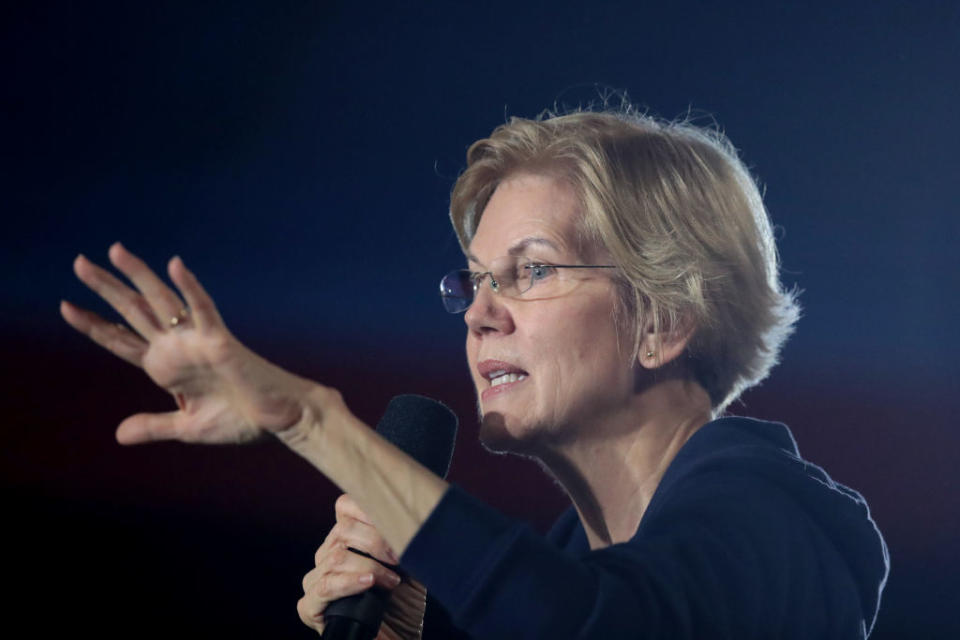
"That's exactly what's now in play in 2020 — which vision, which version of our democracy is going to win. If Michael Bloomberg's version of democracy wins, then democracy changes. It's going to be 'which billionaire you can stomach?'"
And Sanders has also baulked at the spending, saying: “I’m disgusted by the idea that Michael Bloomberg or any other billionaire thinks they can circumvent the political process and spend tens of millions of dollars to buy our elections.”
He's done it. @MikeBloomberg has spent the most money of any candidate ever on a single week of political advertising. We're looking at $31M dollars from 11/25-12/3. https://t.co/YiwFaR0udB
— Advertising Analytics (@Ad_Analytics) November 22, 2019
Can you win a campaign through sheer wealth?
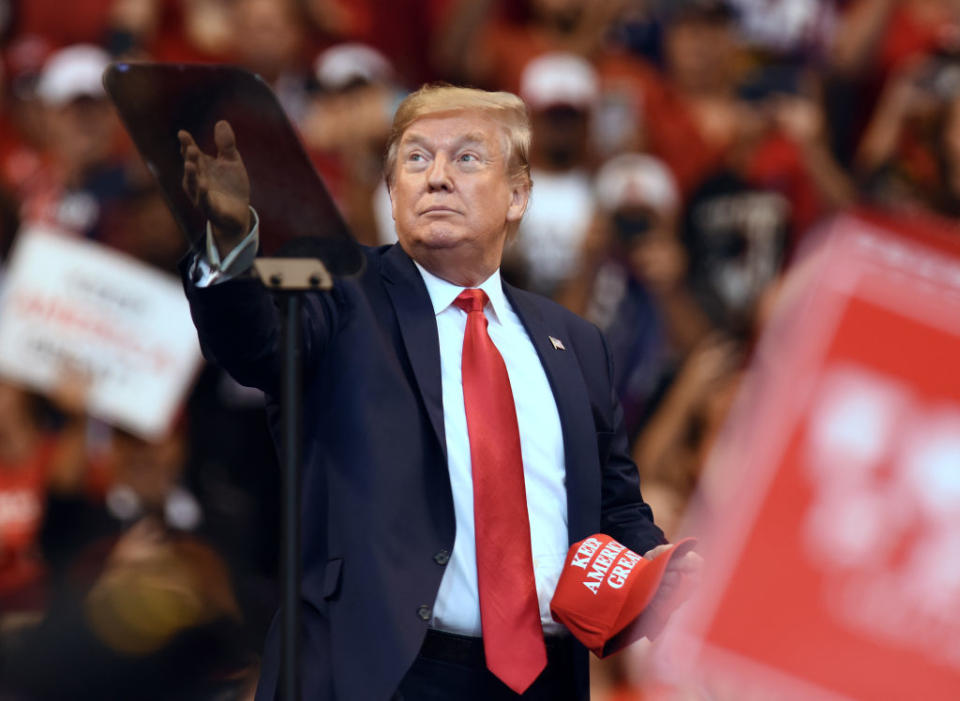
According to international relations and politics expert at UNSW, William Clapton, it’s not easy to win a campaign through sheer wealth.
“The record is not necessarily a strong one in terms of billionaires or multimillionaires just being able to throw money at a campaign and automatically achieving success just because they've spent lots of dollars, especially in the United States,” he told Yahoo Finance.
So while that’s not a concern according to Clapton, there is another: “By only allowing the ultra wealthy or the wealthy to engage in politics, you basically narrow the kind of talent pool from which you're drawing politicians, which means you're getting the same kind of groups of people with the same sorts of perspectives that don't necessarily match up very well with the perspectives or the opinions or the lived experiences of the wider population.
“Some might suggest that that is one among several reasons why in America, for example, we're seeing such a massive disconnect between the population and the government.”
Interestingly, Trump has managed to bridge that divide to some degree, he added. The president presents himself as a tough-guy, America-first leader and this attracts voters - despite his billionaire credentials.
“That's a really complicated kind of phenomenon that's riddled with contradictions because... you get someone like a billionaire Donald Trump who comes along and sells himself as this conservative populous candidate who's going to ‘drain the swamp’, root out the deep state operatives, get rid of the deep state,” Clapton said.
“He's the champion for the people, but he is pretty much the very sort of elite that he rails against and that his supporters rail against.”
The contradictions mean it’s difficult to say just how billionaire personalities change politics in America, both in terms of popularity and campaigning.
So is the US headed to a battle of the billionaires?
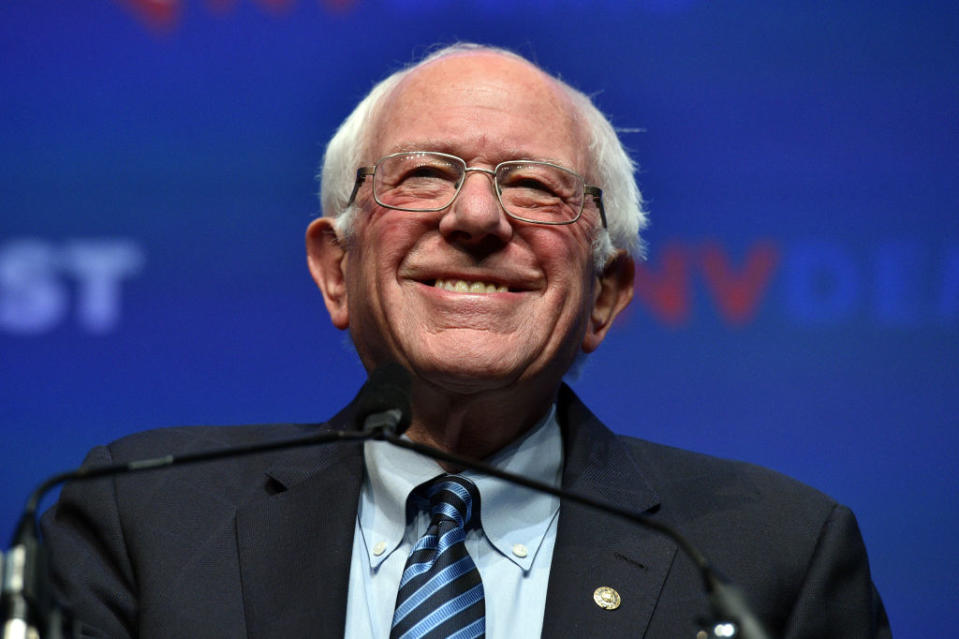
Bloomberg has entered the race late - just three months before the Democrats’ primaries, and Clapton questions how much traction the billionaire will get.
But if Elizabeth Warren, Bernie Sanders or Joe Biden are selected as the Democratic candidate, the election will again shift.
While there won’t be a battle of the billionaires, there’ll likely be a battle about billionaires.
Both Warren and Sanders have been vocal about the need to tax the ultra-wealthy more.
Warren has proposed an “ultra-millionaire tax” which would see an additional 2 per cent tax on people with a net worth of more than US$50 million, and a 3 per cent tax on those with wealth of more than US$1 billion.
“For decades, the wealthy and the well-connected have put American government to work for their own narrow interests,” Warren claims on her campaign website.
“As a result, a small group of families has taken a massive amount of the wealth American workers have produced, while America’s middle class has been hollowed out.”
Sanders has also called for a wealth tax, which would place a 1 per cent tax on net worth above US$32 million for a married couple.
The “Tax on Extreme Wealth” would have seen such a couple pay an extra US$5,000 in tax, with Sanders claiming such a tax would raise an extra $4.35 trillion over the coming decade and halve the wealth of billionaires in 15 years.
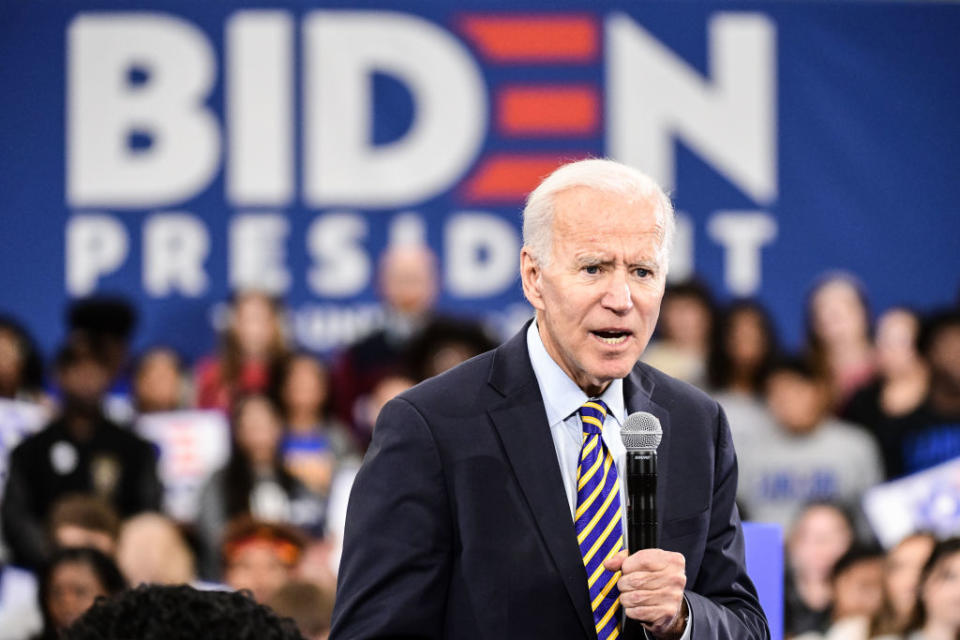
That tax rate would increase until it was an extra 8 per cent tax on those with a net worth of more than $10 billion.
“At a time when millions of people are working 2 or 3 jobs to feed their families, the three wealthiest people in this country own more wealth than the bottom half of the American people,” Sanders said.
“Enough is enough. We are going to take on the billionaire class, substantially reduce wealth inequality in America, and stop our democracy from turning into a corrupt oligarchy.”
But if Joe Biden is chosen as candidate, he’ll likely take a different approach - one that doesn’t target billionaires.
“I think if someone like Joe Biden gets up and becomes a nominee, then that [anti-billionaire rhetoric is] going to disappear and he's not the sort of person who's going to basically argue for that kind of line,” Clapton said.
“He's not going to say, ‘Oh yeah, we shouldn't have billionaires,’ because the counter to that argument is, ‘Well, you're just arguing against people's aspirations, right? People should be aspirational, they should be able to gain appropriate monetary compensation for the hard work that they do.’”
It just depends on the candidate, Clapton continued. And, Trump’s election and leadership style has meant the US political landscape has irrevocably changed.
“Everything is kind of up in the air since Trump became president three years ago.”
Make your money work with Yahoo Finance’s daily newsletter. Sign up here and stay on top of the latest money, news and tech news.

 Yahoo Finance
Yahoo Finance 
